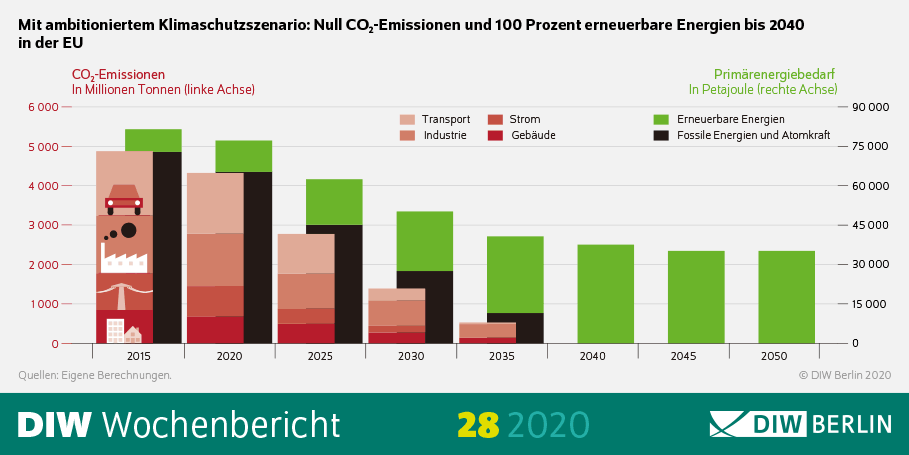Three years after the adoption of the 2030 Agenda for Sustainable Development, implementation is progressing, but not fast enough: worldwide, ambition must increase significantly to achieve the global Sustainable Development Goals by 2030.
Federal Minister Müller and Federal Minister Schulze will take stock of the implementation of the 2030 Agenda at the joint conference "Accelerating change - for a sustainable development worldwide and in Germany" on 5 November in Berlin. Together with Hajia Alima Mahama, Ghana's Minister of Local Government and Rural Development, and high-ranking representatives from civil society, business and academia, they will discuss how change can be significantly accelerated in Germany and worldwide.
Federal Environment Minister Svenja Schulze: "Sustainable development is not an elite project. Quite the opposite: people and nature should be better off in 2030, which benefits everyone. The shift towards an emission-free economy produces value added and jobs and can help innovations to make a breakthrough that are in demand worldwide. Ambitious sustainability policy is therefore our great common project for progress, and the 2030 Agenda is our compass for this."
Federal Development Minister Gerd Müller: "The world is looking to us when it comes to implementing the 2030 Agenda: as rich countries, we ourselves must set a good example - because people in developing countries are suffering from our way of consuming and from our lifestyle. One consequence is climate change, for which the industrialised countries are primarily responsible: We emit an average of ten tons of CO2 per capita. In Somalia, the figure is just 100 kilos. But the people in Africa, Bangladesh and many other developing countries are the main ones affected. We must and can make globalization just, change our consumption and our economy in a sustainable way, and thus preserve creation for future generations."
Despite positive trends and global efforts, progress towards achieving the 2030 Agenda and its 17 Sustainable Development Goals (SDGs) has been insufficient in many cases: for example, the proportion of the world's absolute poor has fallen from 26.9 per cent in 2000 to 9.2 per cent today, and child mortality in developing countries has been halved since 2000. At the same time, however, the number of people suffering from hunger has risen again in the last three years, especially in sub-Saharan Africa and South Asia.
The likelihood of limiting global warming to 1.5 degrees Celsius is diminishing, and over eight million tonnes of plastic waste continue to enter the oceans every year. At the next UN Sustainable Development Summit in New York in September 2019, heads of state and government will meet for the first time to take stock of the implementation of the 2030 Agenda. This summit has a crucial role to play; it should send the strongest possible political signal from heads of state and government for accelerated economic and social change.
With the new edition of the German Sustainability Strategy adopted in 2017, the Federal Government has taken a first important step towards SDG implementation in Germany and in the context of international cooperation with its partner countries. The Federal Government is currently updating this strategy in order to further strengthen the idea of sustainability in all policy areas. In the process, the suggestions of civil society, business and science are being actively taken up.
BMU and BMZ are flanking this with additional measures: BMZ supports developing countries and emerging economies in implementing the 2030 Agenda, BMU contributes with its International Climate Initiative. Both ministries are also striving to achieve climate neutrality for their buildings by 2020.
In 2015, the United Nations adopted the 17 Sustainable Development Goals of the 2030 Agenda. This showed that it is possible for the international community to join forces worldwide to tackle key challenges. These 17 closely interrelated goals have ensured worldwide that environmental, social and economic issues are thought of together and driven forward by all parts of society.
Source: Press release BMZ / BMU, 05.11.2018
Keywords: SDG 2030, Environmental policy



